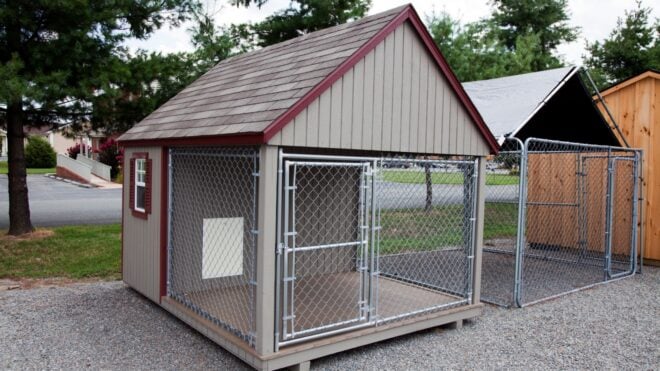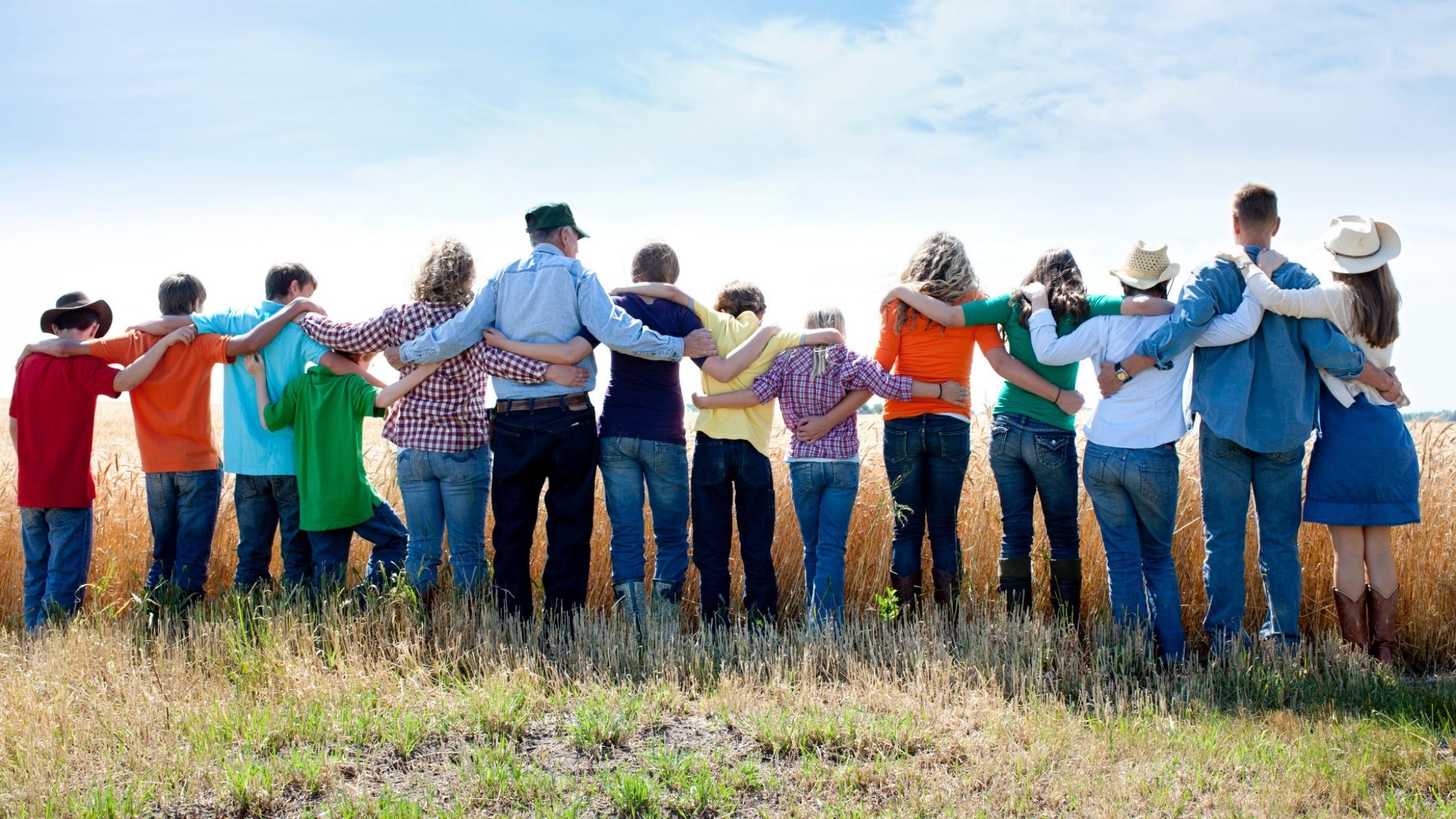
It's the time of year to take stock of what you have and be grateful for it. Yet that gravitation toward gratitude comes more naturally to some people than others.
As parents, it's our responsibility to teach our kids about gratitude. This can be a challenge in a world that can sometimes beat down on a positive, grateful kind of kid. Still, communicating the greater good to our kids can be a really important part of shaping the person they'll grow to be.
Therapist Emma Giordano, MHC-LP, works with teens on the issues that they grapple with and the impacts on their mental health. Emma chatted with LittleThings about the importance of instilling gratitude in kids of all ages.
Gratitude, like other habits, should be taught when kids are young.

"It’s important to understand gratitude, a feeling of thankfulness for what we have in our lives, no matter your age," Emma shared.
"Habits are easier to implement when they're started at a young age, and things are no different when it comes to emotion. Whether it's TV or social media or even at school, yearning for what others might have happens early on. It's important to take a step back and be grateful and thankful for the things we do have."
Gratitude is a big subject to teach.
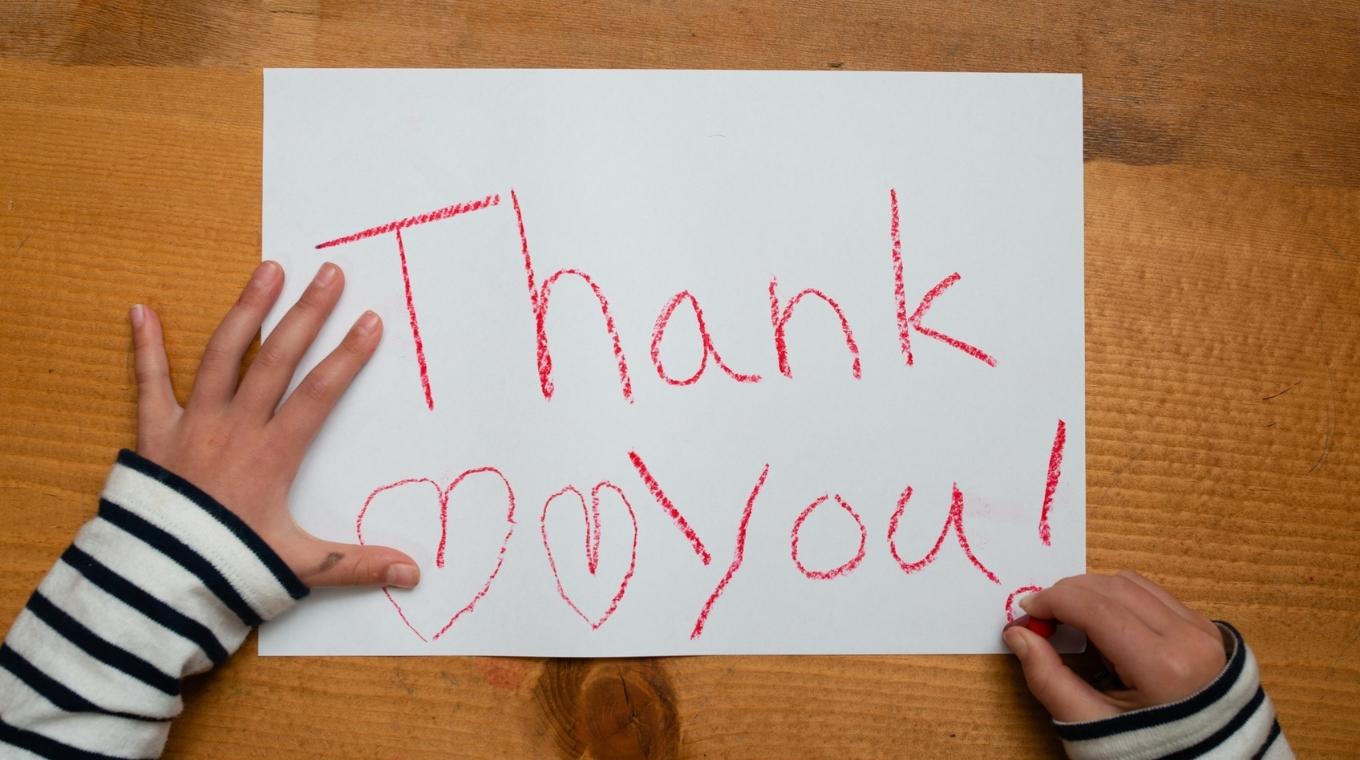
Gratitude is a pretty big concept for a little mind, but Emma assures that even the youngest kids can understand it.
"Practice what you preach! If you practice gratitude in front of your kids, they will see how important it is," Emma noted.
"This goes for things they can’t and can see — being thankful for our health, a warm home, food on the table, and yes, even grateful for those cool new sneakers, too. It’s all important."
Implementing words and actions of gratitude as normal in your house goes a long way.

Gratitude and manners are tied together in the sense that manners are words and actions that illustrate gratitude.
"Being grateful also means being thankful and appreciative. Don't forget to say 'thank you' or 'you’re welcome' when someone does something for you," Emma reminded parents.
"It's a small reminder on the regular."
Making new habits that center on gratitude can make a difference for the whole family.
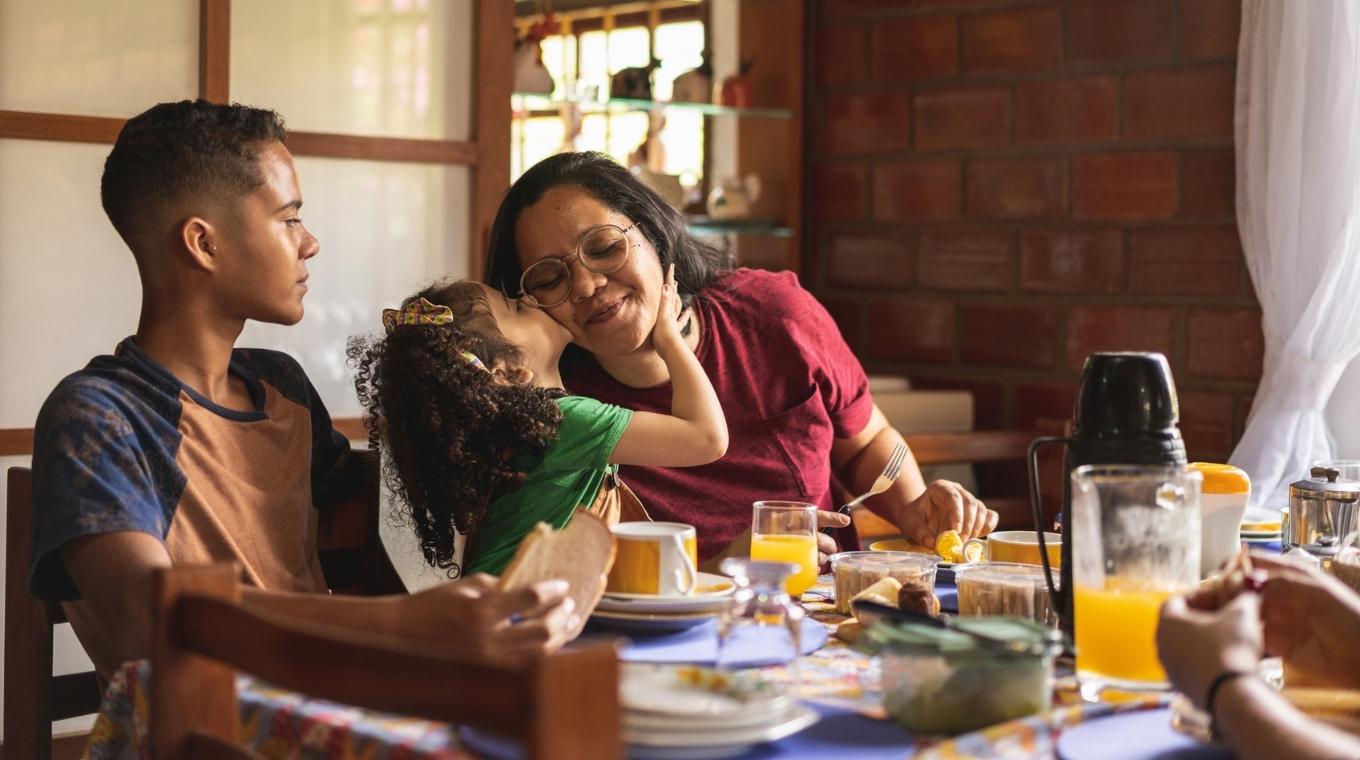
"Make it a ritual to be grateful," Emma suggested.
"Talk about the top three thing you’re grateful for as a family every morning. Having a discussion about what we’re grateful for at the start of our day can be so gratifying for all."
Being grateful as a family has great effects for body and mind.

There are a ton of benefits to becoming more grateful as a family, Emma notes.
"Gratitude can lower your blood pressure and increase happiness, improve interpersonal relationships, build self-confidence," she shared.
"It helps you adjust your mindset from one of lack to one of abundance and thankfulness."
Turning gratitude talk into a game can help it keep on after the holidays.
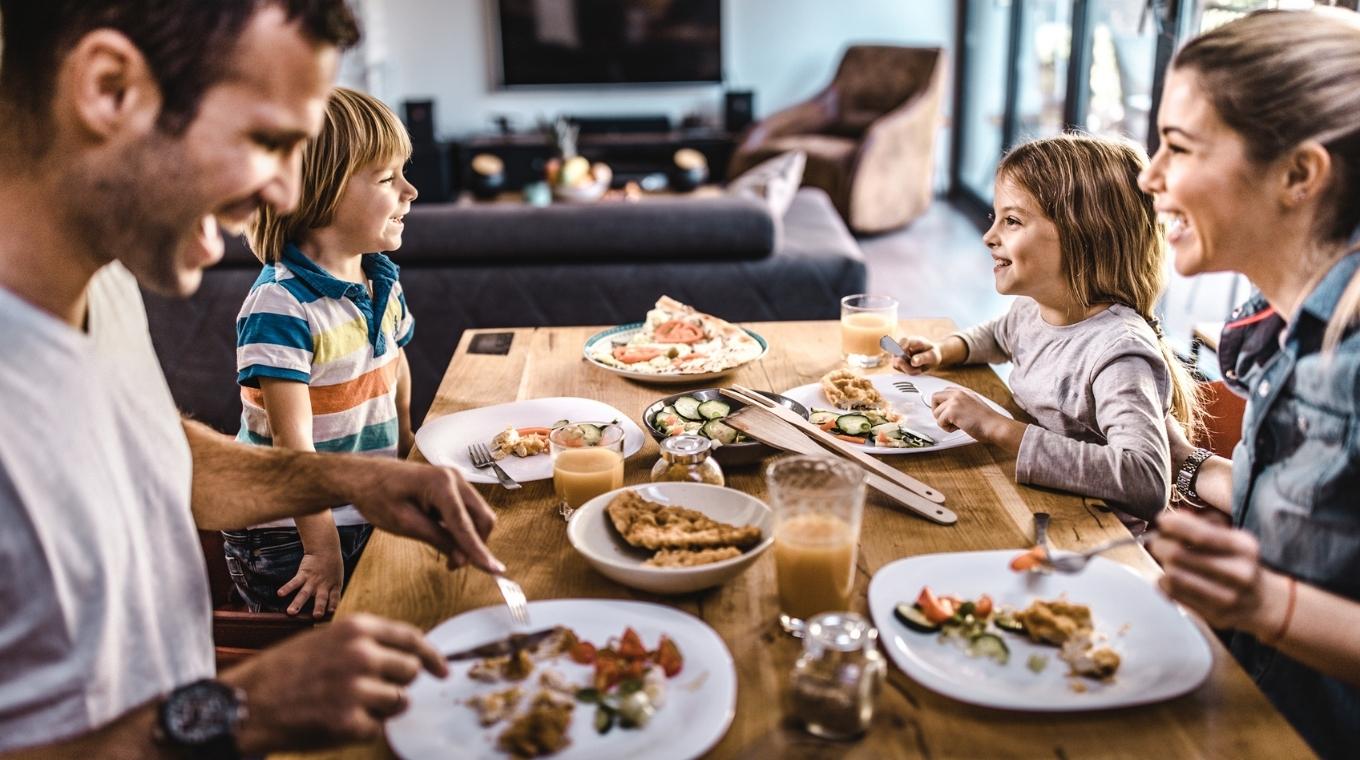
Getting the feeling of gratitude to last beyond the holidays can be a challenge. Emma says that gamifying the process can get kids excited about keeping it going.
"Sharing what you're grateful for and verbalizing it as a family is a good way to keep it going," she said.
"Play the Roses and Thorns game at dinner or before bed. What are the highs and lows of the day? How did you handle the lows, and why are you happy for the highs?"
Journaling can be another great way to track gratitude.
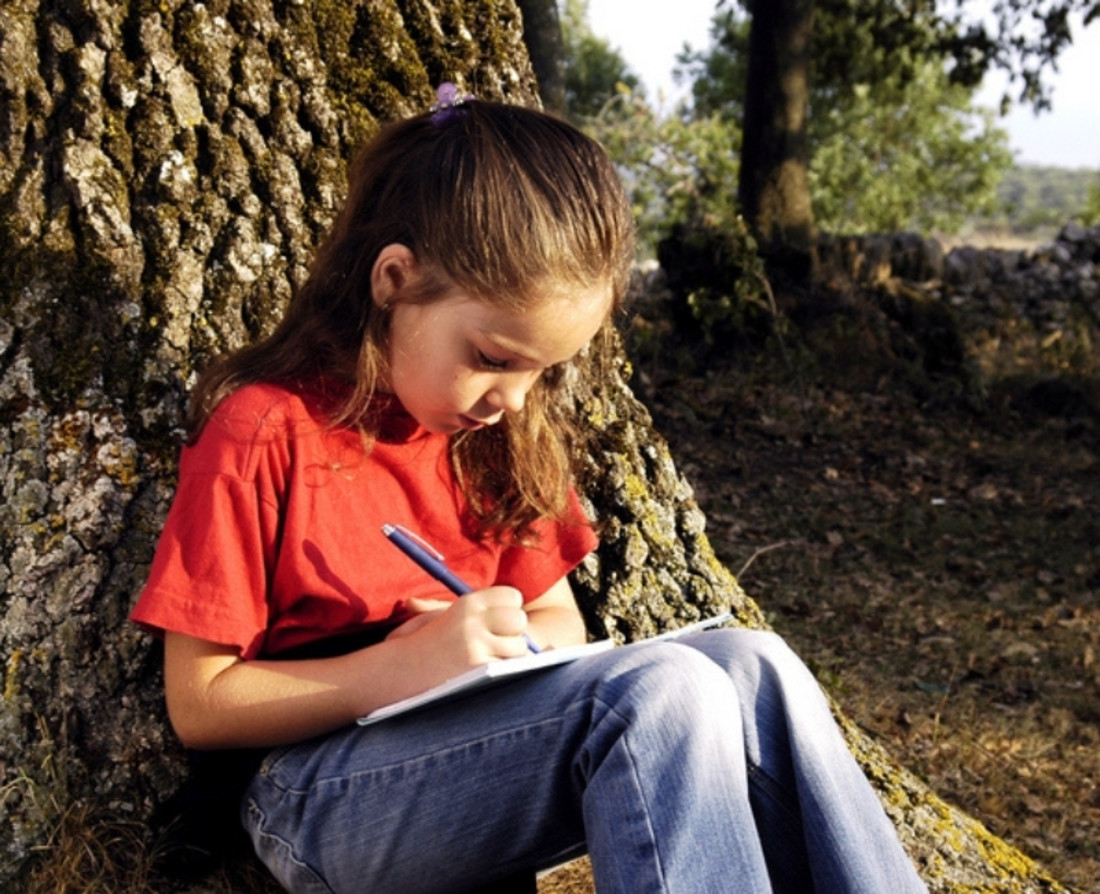
Journaling helps you reflect on your day, and it can also help foster gratitude.
"When you put pen to paper, it solidifies your feelings and mindset, and you’re able to go back to these moments that you’ve written down at a later date," Emma explained.
"It also keeps yourself accountable to write them down rather than just saying you'll 'think about it' daily. With such busy schedules, it's important to carve out the two minutes to do it or else you can forget."






